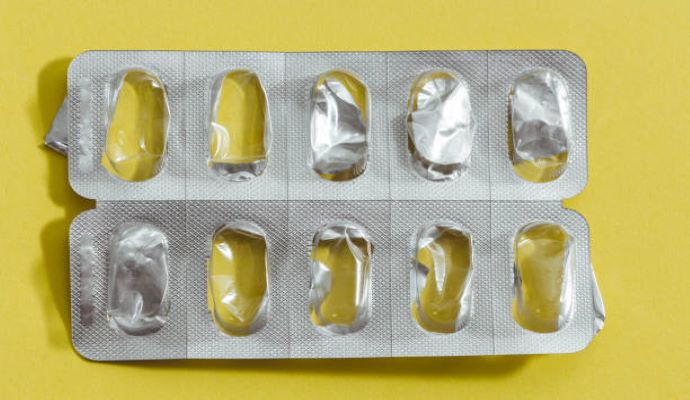ADHD Medication Shortages Prompt Response from the FDA and DEA
The organizations issued a joint statement detailing efforts to strengthen the ADHD medication supply chain.

Source: Getty Images
- On August 1, 2023, the United States Food and Drug Administration (FDA) and Drug Enforcement Administration (DEA) released a public statement updating Americans on the ongoing shortages of prescription stimulants. These drugs are vital for managing attention deficit/hyperactivity disorder (ADHD), binge eating disorder, and narcolepsy.
The announcement acknowledges the frustration and care delays resulting from the ongoing shortage, signed by the FDA commissioner, Robert M. Califf, MD, and DEA administrator, Anne M. Milgram. Beyond that, the agencies highlight the importance of long-term management efforts.
While neither agency can require a pharmaceutical company to increase manufacturing, a collaboration between these government organizations, pharmaceutical companies, and manufacturers can provide insight into the underlying causes of these shortages, how to address them, and future prevention efforts.
The FDA first announced the Adderall shortage on October 12, 2022. The initial shortages resulted from manufacturing delays at Teva Pharmaceuticals, a prominent drug producer. Representatives from the pharmaceutical company told the New York Times that the original delays were byproducts of a labor shortage.
Despite resolving delays, healthcare professionals and patients continue to face the impacts of these issues. The FDA and DEA note that increased demand for stimulants may also contribute to drug shortages, as many manufacturers cannot keep up.
The CDC estimates that, between 2012 and 2021, stimulant prescriptions rose 45.5% in the US. “We are calling on key stakeholders, including manufacturers, distributors, pharmacies, and payors, to do all they can to ensure access for patients when a medication is appropriately prescribed. We want to make sure those who need stimulant medications have access. However, it is also an appropriate time to take a closer look at how we can best ensure these drugs are being prescribed thoughtfully and responsibly,” noted the organizations in their joint statement.
Because it’s an addictive substance with high abuse potential, stimulant manufacturers have limitations on how much medication they can produce each year. According to DEA data, in 2022, amphetamine manufacturers only made 70% of their allowed drugs, resulting in 1 billion unproduced and undistributed doses.
The organizations have asked stimulant manufacturers to produce their allotted medication quota or relinquish it so other manufacturers can make the remaining doses.
“FDA and DEA will continue to do all we can to prevent stimulant drug shortages, limit their impact, and resolve them as quickly as possible. We will consider additional actions to prevent non-medical use and identify efforts to better understand and strengthen the supply chain. We also hope that we can all work together to assure that those who need stimulant medications can get them based on the best clinical knowledge about when they are effective and avoid them when there is no indication for their use,” concluded the statement.
